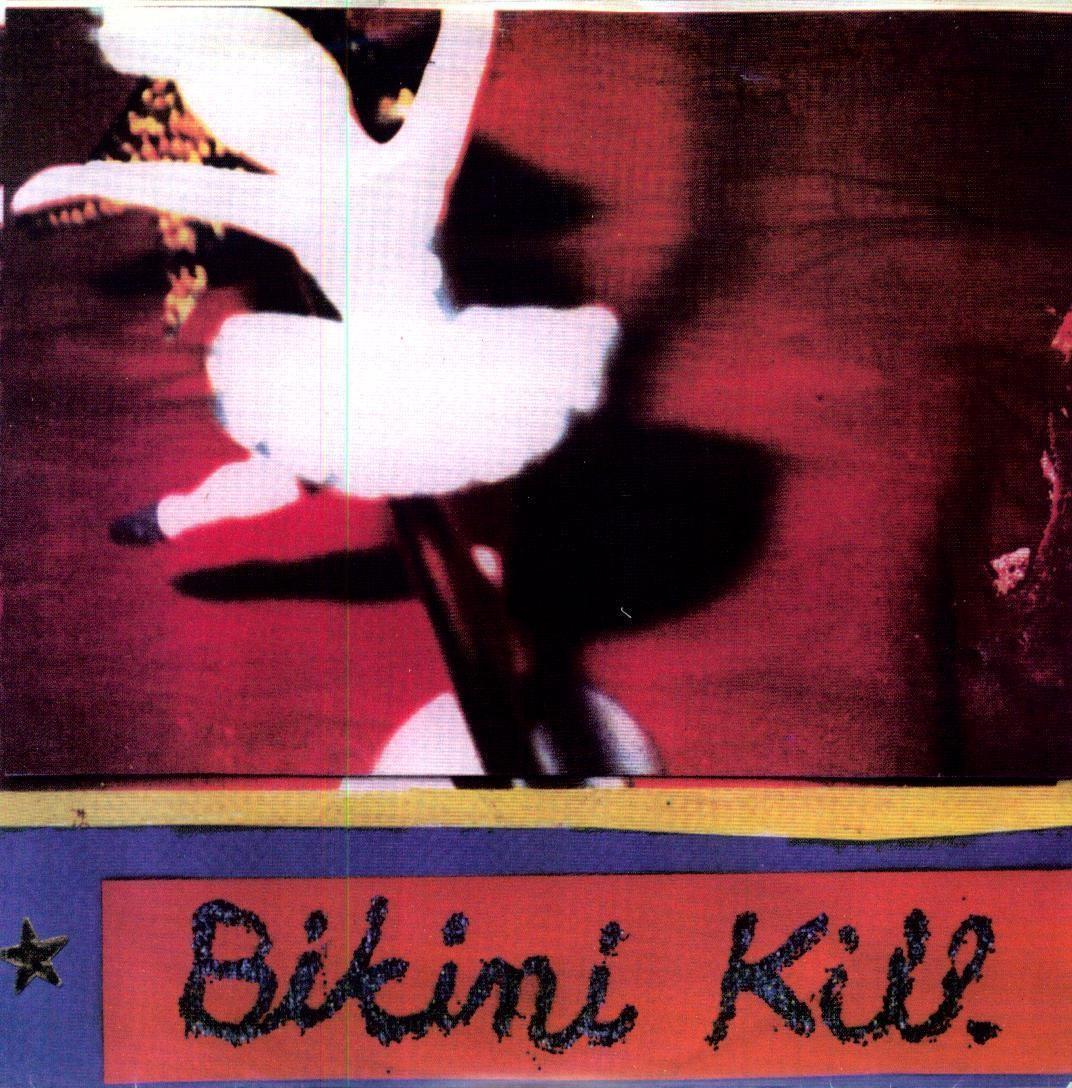

“I could walk up to a 15-year-old and ask her, ‘Would you like to join my support group?’ But if I say that from the stage and I’m in a cool band, they’re gonna come.”įanzines were another way to reach out. “That’s part of why I wanted to be in a band,” Hanna says. During her student years at Evergreen State College in Olympia she worked as a counselor at a domestic violence and rape shelter and continued to counsel fans backstage at Bikini Kill concerts.

Hanna grew up in the Maryland suburbs and in the early days of Bikini Kill, only spoke obliquely about the sexual abuse she suffered as a child. What do you call that? Repetition compulsion? Where it’s like you go back to the scene of the crime, but this time it all works out?”

“This was going to be me taking over my not-so-great history of growing up here. “For me, it was a homecoming,” Hanna says. Vail passed on being interviewed for this story via e-mail: “I don’t remember much about DC except being depressed and homesick.” Karren almost never gives interviews and also declined. That summer, the members of Bikini Kill would each adapt differently to Washington. Hanna remembers when the first neighborhood Starbucks opened, “Everyone was like, ‘Corporations are taking over the world!’ and we were like, ‘ Woo-hoo!’ ” So the transplants endured Folgers from Safeway until Vail’s mom started mailing oversize bags of beans from home. Released 20 years ago this autumn, the self-titled EP is being re-issued on Tuesday.Īfter the session, the band decided to stick around for the summer, but ended up living in Washington for its most pivotal year, rallying an underground community that would ultimately suffocate the band with its impossible expectations. Six days later, MacKaye brought the foursome - Hanna, Wilcox, guitarist Billy Karren and drummer Tobi Vail, all in their early 20s back then - to Arlington’s Inner Ear Studios where they spent the afternoon recording what would become the core of Bikini Kill’s furious debut. “The shape of the songs, the presentation, the charisma was pretty undeniable.” It was that kind of show,” says Ian MacKaye, then of local punk giants Fugazi. “I can remember exactly where I was standing. Instead of barking slurs, the guys danced. space - the now-shuttered venue at Seventh and E streets NW - the girls in the audience rushed to the front to see Bikini Kill’s big splash up close. “Everyone was like, ‘We understand your band perfectly.’ ” scene was unapologetically political,” bassist Kathi Wilcox says. (Kurt Cobain took the title for “Smells Like Teen Spirit” from some graffiti that Hanna drunkenly scribbled on his bedroom wall.) They wrote brilliant, abrasive punk salvos that would inspire Sleater-Kinney, the Gossip, embattled Russian group Pussy Riot and a generation of others.Īnd when Bikini Kill crash-landed in D.C.’s activist-friendly punk scene after a sleepless tour of towns that had never heard rock songs about rape, domestic violence, empowerment and equality, they found a new home.

They were pals with Nirvana before Nirvana was Nirvana. They coined the term “girl power” in a photocopied fanzine years before the Spice Girls spelled it out in bubble gum. Formed in Olympia, Wash., in 1990, the quartet helped launch riot grrrl, a radical feminist movement that would spread from Adams Morgan group houses to the pages of Newsweek.


 0 kommentar(er)
0 kommentar(er)
